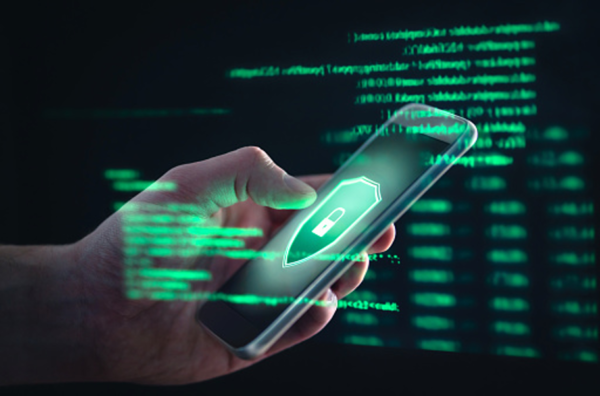One of the top scams worldwide is identity theft. With the right information, scammers can go on a campaign of destruction that leaves you leaves you in debt and is extremely difficult to recover from. In short, when identity theft is committed, you have to go through many steps in order to prove your identity. When your private identifying information falls into the hands of scammers, hackers, and the like, you can’t be sure that you won’t need to go through the same process again. Here’s how to avoid identity theft and other online scams from happening to you.
How Identity Theft Works
In order for you to fall victim to identity theft, first scammers will need to gain access to your personal information. Basic online scams can be as simple as spam email and text messages linked to phishing scams. This is why people are advised to be wary of clicking on any links or downloading files from unfamiliar sources. More sophisticated identity theft scams make use of harder to access information, such as your social security number, birth date and bank account number. The most secure Identity Theft Services can be found here. If hackers can gain access to your email account or infiltrate your computing devices, the damage can be even more detrimental. All in all, you need to ensure that your information remains safe no matter where or how it is used.
Keeping Passwords Safe
The primary way that scammers commit identity theft is by getting innocent victims to unwittingly give up their information accidentally. For instance, you might visit a website that looks like your online bank, then type in your email address and password. At that point, you will need to change your password immediately. Having all of your passwords automatically saved can also be in issue if an unscrupulous entity is able to install a keylogger, malware, or tracking software on your smartphone or computer. Your password may also become compromised by a hacker if you use someone else’s computing device or if you connect to the web via a public WIFI connection. Keep your passwords safe by being very careful about where you use and store them.
Making Safe Banking and Credit Card Transactions

Whenever you use your credit card over the internet, you are at risk of having it stolen. Web based scammers are quick to steal credit card and banking information because they can make many transactions before victims become aware of what has happened. The first thing that you should do to make online banking and credit card transactions safer online is to check that your internet connection is secure. Install some type of antivirus and firewall on your computing devices and regularly scan your system for viruses and malicious trackers. If someone can see what you are doing online, they will definitely be on the lookout for your banking and credit card data.
Other Steps to Take When Safeguarding Identifying Information
You can monitor your credit report to see if any unfamiliar activity pops up and get to the root of identity theft before it takes over your life. Many times, scammers will apply for new credit cards in your name, run up the bill, and you won’t know until the account becomes delinquent. Identity theft monitoring services will also send users alerts when anything suspicious arises, enabling you to act quick and prevent more damage from being done. Putting a freeze on your credit also prevents anyone from applying for new accounts in your name, thus thwarting their efforts and keeping you from falling victim.
Avoiding Phishing Scams
The easiest way to avoid online phishing scams is by not clicking on any links that you aren’t sure of. For instance, rather than clicking on any links that appear in an email, you can go directly to your browser and type in the web addresses of any official websites you need to visit. If you get an email from what appears to be your bank or credit card issuer, try calling their 800 number and speaking to customer service before doing anything over the web. Realize that links can be masked to look like you are going to one link when, in fact, you might be led to a bogus website. So, just make a habit out of confirming links and remember that no company is going to ask you to confirm your password via an unsecure link.
Every year, millions more people fall victim to identity theft, and it takes a lot of work to get their situations resolved. You may need to go and fill out a police report, fax over your ID and birth certificate, and fill out lengthy documents in order to prove that you didn’t make fraudulent purchases due to identity theft. By keeping your personal identifying information secure, you can completely avoid having your identity stolen.

